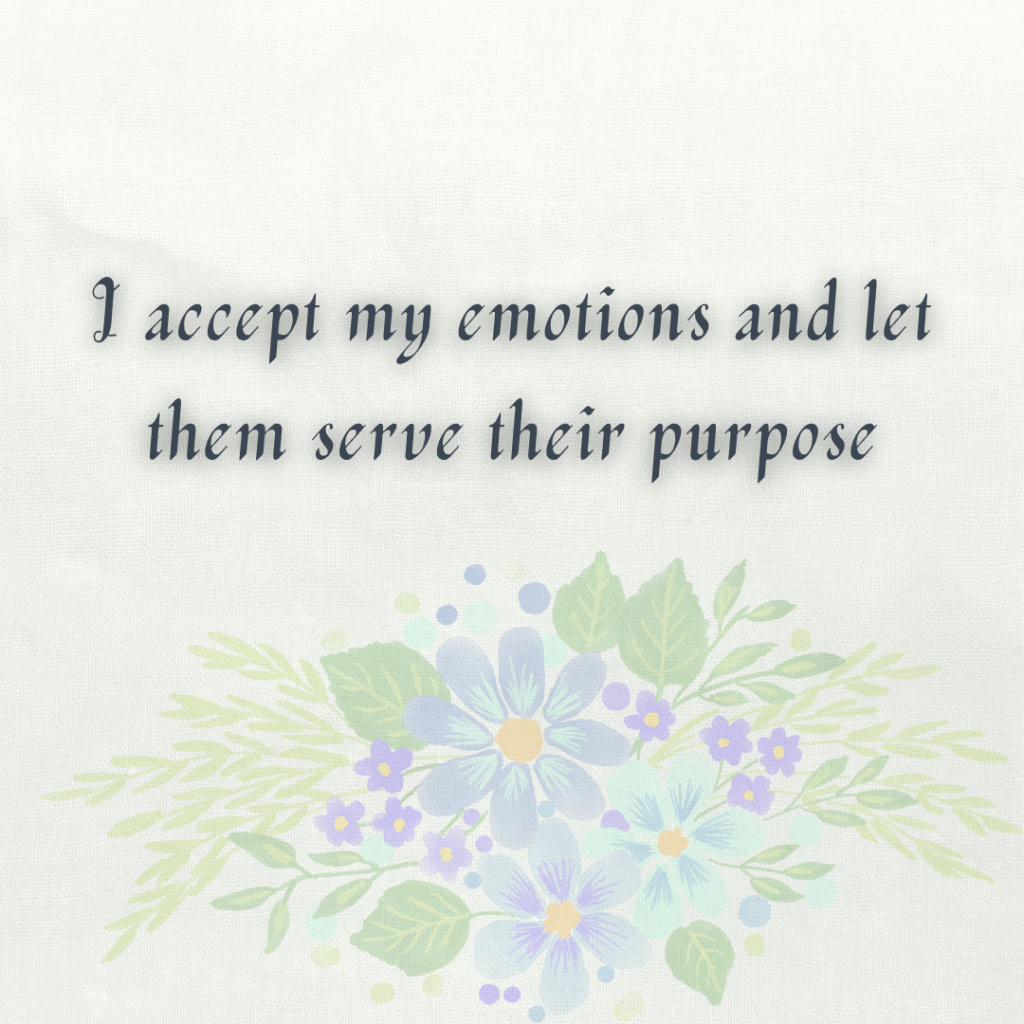
Hello beautiful cats! I hope you are well and surviving the umpteenth storm that has hit the UK! Only yesterday, I found out that a Global Strike is going on at the moment in support of Gaza: I wanted to take part by not going to work for one day but wasn’t sure how to proceed. Since I was going to have a meeting with my line manager today, I decided to ask: you might think it was silly because he’s my boss, but he’s a very open-minded person and very supportive. He asked me why I would want to do something that might have negative repercussions on me, no one would know that I was going to strike so why would I want to risk my work for something that wouldn’t have any real impact? I thought that losing one day’s pay, for me, compared to what people in Gaza are going through, it wouldn’t be too much of an issue. As he wasn’t sure what to do, he decided to ask his superiors. Later on the day, he said that the advice received was that a possible strike of this sort would probably end up with me receiving a disciplinary note. However, while he was asking his superior, he also asked some other of his colleagues, and one suggested that while I do my regular work I could donate my day’s pay to one association helping Palestinians. And this solution seemed a good option for me. Another alternative would also be to ask one of the union’s advisers about the possibility of going on strike for one day: the representative wasn’t working today, but I can ask him tomorrow and in the meantime I have been researching possible charities to donate to.
The Global Strike
So what is this strike we are talking about? This has been called by a Palestinian journalist, Bisan Owda: she has been updating her Instagram and TickTock accounts with videos on what is going on in Gaza, to show support for a permanent ceasefire in the Israel-Palestine war. She reports on how the conditions civilians are living in following the continuous attacks of the Israeli army on Gaza and Palestinian people: watching her videos is always heartbreaking because you can see the real face of war, unmediated by the mainstream media bias (you can read about this here, here and here). If you don’t know what is happening, you can read this blog post.
In the past few weeks, there has been a call for boycotting some big brands that are actively supporting the Israeli army (i.e. giving free meals to soldiers). While it is still unclear if they are connected to the boycotts, Starbucks has suffered a loss of $11 million and McDonald’s Malaysia has sued BDS for losses of $1.31 million.
With this, Bisan has called for a Global Strike from the 21st to 28th of January, asking people to not go to work, not go to school, but also not to purchase anything, especially with debit and credit cards.
How can you take part?
There are various ways you can strike in support of the ceasefire in Gaza:
From the Twitter account Mak @boldlycarryon:
- no work, no classes
- be visible (clothes etc)
- don’t buy anything, follow BDS
- be loud
- disrupt the economy, be visibly absent
- help each other strike
- no social media besides palestinian posts
- do what you can (art, music etc).
I would also suggest this post by NonProfitAF.
Charities to donate to
As I was saying earlier, if you would like to strike at work, but you are a bit in a pickle like me, then you could donate to a charity that would benefit as directly as possible the Palestinian people. It is never 100% sure, however, in this case, the only one that would seem more legit to help is the Palestine Red Crescent Society.
In conclusion
There are still 4 days to go – please try to take part in this strike and be vocal about it. As shown by my conversation with my manager this morning, already other 5 people have come to know about the strike because he talked to them. And if those 5 people are talking to 5 people each, the knowledge of the strike will spread to more and more people: and some of these might be curious about why the strike is taking place, pushing them to do more research on the whole situation.
While I am waiting to hear from the union rep, I have already decided I am not buying anything this week and I am sharing this with you.
Your voice has power. You have power. Do not forget this.
Love,
TVCL xx












